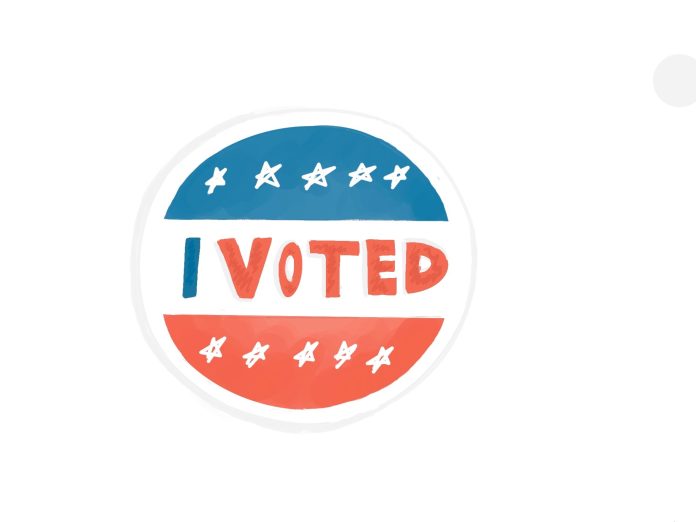John Powers ’26 is an intended Public Policy major hailing from Brooklyn, Ny. He is a Resident Assistant in Hardy Hall, a member of the Undergraduate Moot Court competition team and a member of the Sigma Alpha Epsilon fraternity. John is a huge Adele fan. Email him at jdpowers@wm.edu
The views expressed in this article are the author’s own.
On Nov. 7, citizens in the commonwealth of Virginia, residents of Williamsburg and students at the College of William and Mary will vote in a legislative election to elect a slate of state delegates and state senators.
It shouldn’t be this way.
Virginia is only one of five states that hold its statewide elections on an off-year. An off-year describes the odd years between midterm or presidential election years. Of course, many more states hold municipal elections for mayor or city council during off years, but they differ in that they are not electing state senators or governors on that ballot.
One reason why Virginia should move its elections is obvious: voter turnout. Off-year and midterm elections suffer from notably lower participation due to limited media coverage and public attention compared to presidential races. This lack of exposure leaves many voters, including college students, less informed and less motivated to participate. By aligning state elections with federal ones, Virginia can maintain consistent electoral engagement every two years. This approach could also address demographic biases in voter participation.
Another reason comes straight out of any ECON 101 class at the College: costs and economies of scale. Ditching the current system would likely save money because it reduces the administrative expenses associated with running separate state elections in off-years. Streamlining the election calendar by aligning state elections with federal ones would lead to more efficient resource allocation, lowering costs for the state. The logic is simple. For instance, running elections means the state has to compensate poll workers. Why should taxpayers pay for two separate stipends instead of one stipend for one streamlined election?
The point here is not that election policy should baby voters. Uncle Sam is not a personal aerobics instructor in the democracy pool. He is the lifeguard, making sure voters find their way to the water. It’s up to them to get in.
Voters are adults who should be expected to be capable of planning a time to vote and traveling to a polling place. In this spirit, I previously argued that the College should not give us election day off. I stand by that opinion. It is very easy to participate in our democracy in Virginia. Any of the benefits of an election holiday here pale in comparison to a lost day of instruction.
However, dropping the off-year election system is not babying in the way that our election holiday might be. If we could boost voter turnout and reduce costs with a simple switch, why shouldn’t we? What are the drawbacks here?
Those on the other side of this debate might argue that local issues would be drowned out if there was a change. But local issues can remain vital since candidates can still focus on them within the broader context of national politics. In fact, higher voter turnout during federal elections may bring greater attention to local concerns as candidates would be motivated to address these issues to appeal to a wider and more diverse electorate. Additionally, efforts can be made to educate voters about local matters alongside federal ones, ensuring that citizens are well-informed about the full spectrum of issues at stake when they cast their ballots.
Not convinced? Consider the matter this way: are the 45 other states all incorrect? It seems Americans agree on little, but election timing is one of those issues where we usually find a national consensus.
Admittedly, reform would be hard, no matter how good an idea it might be to dispose of this bygone system. Reform necessitates amending the state constitution. That means the proposal would have to pass through both houses of the state legislature not once, but twice after an election has occurred. The legislature would then have to authorize a referendum with the approval of the governor and hand the question over to voters.
This scenario is essentially impossible given that Republicans arguably benefit from the lower voter turnout and wouldn’t want to change it. Moreover, Gov. Glenn Youngkin is unlikely to support this cause given his restrictive actions on voting. Earlier this year, he rolled back the voting rights of former felons. His office now has unrestricted domain over providing voting rights to this group, and progress has been slow. The Virginia chapter of the National Association for the Advancement of Colored People may even sue because of his actions.
Nevertheless, the case for reform needs to be made, and the case for reform is strong. It is time for Virginia to join nearly every other state and hold legislative elections in presidential and midterm election years.

